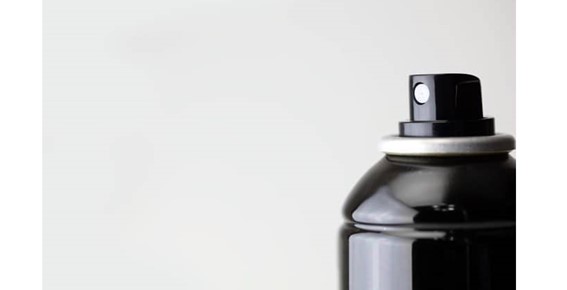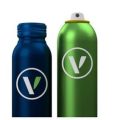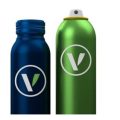The British Aerosol Manufacturers Association (BAMA) has reported that of the 1.44 billion units produced in the UK last year, 698 million (48.5%) were made of tinplate and the remaining 742 million used aluminum. Compared to 2020, the figure also dropped significantly by 4.5%, the equivalent of 75 million units manufactured.
Despite the sharp decline in the production of aerosol units, recycling of these containers remains on the rise, as tinplate steel aerosol containers are catching up and are almost at the same levels as the aluminum containers that once dominated the UK, according to the association.
According to BAMA, the narrowing of the gap in the aluminum to tinplate ratio is due to a reduction in the production of deodorants and antiperspirants, categories that account for the majority of UK production. Other products that experienced a 27% decline were deodorants and sprays, which translates from 353 million units to 257 million, while the reduction in antiperspirants was 6.1%, a reduction of 25 million units.
BAMA adds that these “quite dramatic” numbers are due to the decline in stocks built up during the pandemic peaks and result in the first significant decline in overall UK production by 2021. For Patrick Heskins, executive director of BAMA, “this is the first time in many years that we have seen a drop in production, but given the economic and political situation of the last two years, I would say that our industry survived remarkably well.”
Other positive data can be found in novelty products and shaving products, which have recorded a slight upturn, with growth of 38% and 6%, respectively. The latter comes as a surprise after a few years of slight but steady decline, BAMA adds, while the increase in festive and seasonal products is related to the relaxation of Covid-19 restrictions in several countries.
Hair care products and starches have also rebounded after the 2020 downturn, with an additional 22 million units produced for the segment, an 18% increase, and 2.3 million more units for fabric sprays, possibly following the gradual return of staff to the workplace.
Hard surface cleaners experienced a nearly 36% decline from 50 million to 32 million units, a change that was expected after the ‘cleaning frenzy’ of the early stages of the pandemic, BAMA notes. Nasal sprays, a relatively new product that has gained popularity outside the UK, also saw a 5.7% increase in the medical and pharmaceutical category, while sustained growth in flea sprays and veterinary products appears to be in line with the peak in pet adoptions seen in 2020.
The 80% increase in insecticides and 132% increase in paints and lacquers is surprising. A large part of UK production has traditionally been destined for export. Import restrictions in some countries and unusual demand due to extreme weather conditions worldwide may have affected these results.














